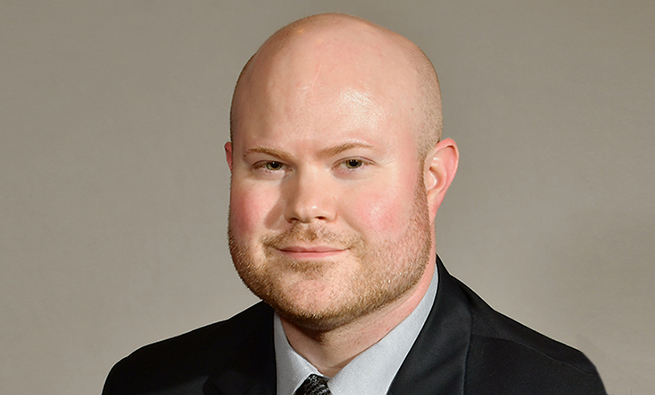I’ve always loved accounting, and I realized while attending the Master of Accountancy program at Appalachian State University that I wanted to enter industry and help a company grow. I joined the workforce as a cost accountant in 2012 and four years later earned the CMA® (Certified Management Accountant) certification to strengthen my core skill set.
Although I’ve always had an intuitive feel for strategy, I didn’t possess significant knowledge in structured strategic methodology. In 2017, when the CSCA® (Certified in Strategy and Competitive Analysis) credential was launched, I immediately thought, “Yes! That’s exactly where my passion lies, and the content aligns perfectly with what I want to be doing to help make my company successful.” I learned more about this new credential at the IMA® 2017 Annual Conference & Expo, and I signed up for the program shortly thereafter.
Earning the CMA and CSCA credentials has opened up my career path, helping me progress from cost accountant to division controller since beginning my journey with IMA. The skills I gained while studying for the CSCA exam particularly have allowed me to demonstrate to the C-suite that I have the competencies required for a division controller.
My role within the company allows me to utilize CSCA concepts on functional-level strategy daily. As a leader on plant operational excellence teams, it’s my responsibility to keep us on-goal and aligned with corporate strategy. We are constantly working to optimize efficiency, improve quality, reduce waste in the value chain, and achieve a world-class safety culture that aligns with our core values. The CSCA program helped hone my knowledge in these areas to the point where I could easily translate theory into practice to achieve these goals.
Additionally, the CSCA credential has allowed me to have informed dialogues with other department managers on business-level strategy. I’m a partner in discussions about innovation, focus, new product development, pricing, and the manufacturing process. Understanding the value in our competitive advantages, where we should focus in each market segment, and how that aligns with the company vision are skills I learned in the CSCA program.
As I demonstrate competency in these other areas, I find that I’m being included more often in corporate-level strategy decisions. With the knowledge I’ve learned from earning the CSCA, I’m comfortable having these conversations with our corporate executives. I look forward to continuing to hone these skills as I work toward the next steps in my career path and my goal of becoming a CFO.

November 2019



